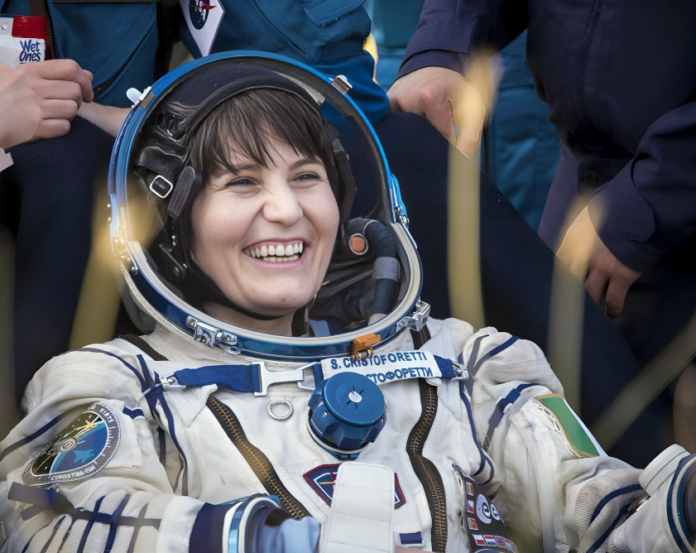Two Russian cosmonauts have made history by returning to Earth on Monday after a record-breaking mission aboard the International Space Station longest stay. Oleg Kononenko and Nikolai Chub, who spent an astonishing 374 days in low-Earth orbit, have set a new benchmark for the longest stay on the International Space Station, a remarkable achievement in human space exploration.
Oleg Kononenko, 60, also shattered another record by becoming the individual with the longest cumulative time spent in space, surpassing the three-year milestone with a total of 1,111 days across five missions. His extended presence aboard the ISS further highlights the enduring capabilities of the station, which continues to serve as a hub for international space research and collaboration.
Joining them on the journey back to Earth was American astronaut Tracy Dyson, who had been aboard the ISS since March. The trio safely landed in Kazakhstan at 16:59 local time aboard the Soyuz MS-25 capsule, as broadcast by the Russian space agency, Roscosmos.
While Oleg Kononenko and Chub now hold the record for the longest continuous stay on the International Space Station, the overall title for the longest uninterrupted time spent in space belongs to Russia’s Valeri Polyakov. Polyakov stayed on the Mir space station for 438 days between 1994 and 1995.
Despite Russia’s plans to eventually exit the ISS, the country has encountered delays in launching its own space station. In the meantime, Roscosmos is looking to form new space partnerships with nations across Asia, Africa, and the Middle East.
This comes amid ongoing cooperation between the U.S. and Russia on the ISS, a rare example of collaboration between the two countries despite geopolitical tensions, particularly over Ukraine.
Also Read: PAKSAT MM1 Launch a Milestone for Pakistan Space Agency
The International Space Station, a football-field-sized marvel orbiting about 250 miles above Earth, remains a symbol of multinational collaboration, even as Russia charts a course for its own future in space exploration.


